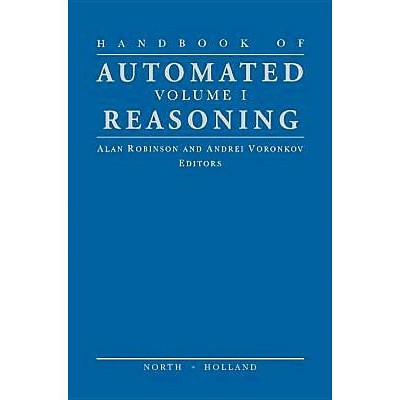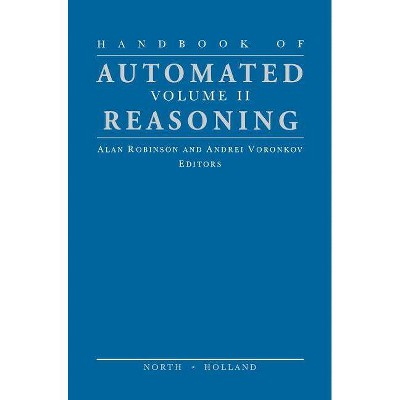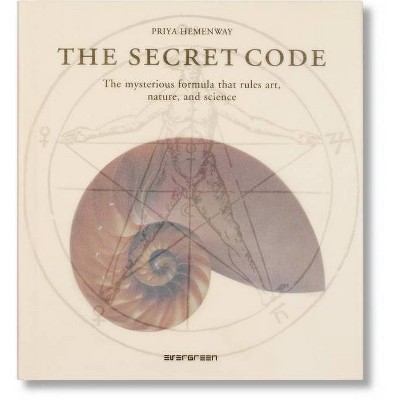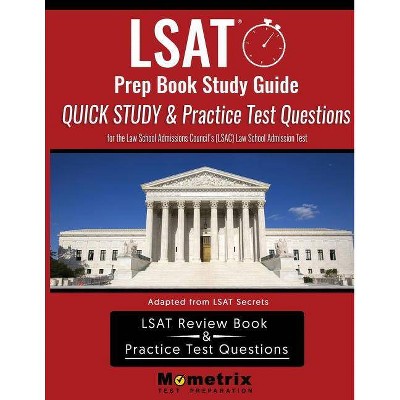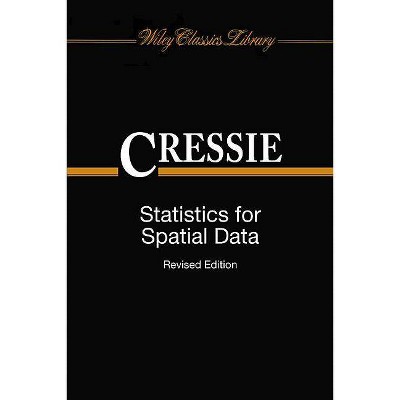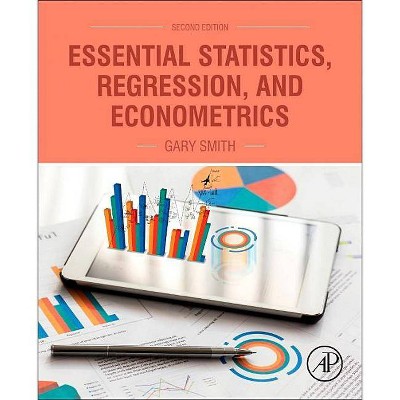Automated Development of Fundamental Mathematical Theories - (Automated Reasoning) by Art Quaife (Hardcover)
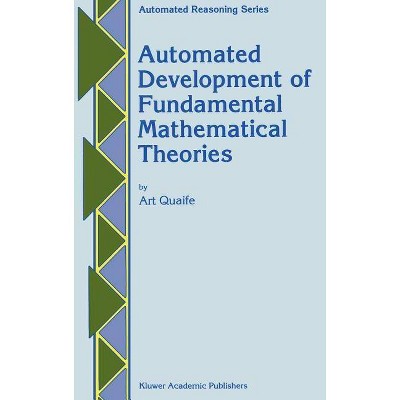
Similar Products
Products of same category from the store
AllProduct info
<p/><br></br><p><b> Book Synopsis </b></p></br></br>The author provides an introduction to automated reasoning, and in particular to resolution theorem proving using the prover OTTER. He presents a new clausal version of von Neumann-Bernays-Gödel set theory, and lists over 400 theorems proved semiautomatically in elementary set theory. He presents a semiautomated proof that the composition of homomorphisms is a homomorphism, thus solving a challenge problem. <br/> The author next develops Peano's arithmetic, and gives more than 1200 definitions and theorems in elementary number theory. He gives part of the proof of the fundamental theorem of arithmetic (unique factorization), and gives and OTTER-generated proof of Euler's generalization of Fermat's theorem. <br/> Next he develops Tarski's geometry within OTTER. He obtains proofs of most of the challenge problems appearing in the literature, and offers further challenges. He then formalizes the modal logic calculus K4, in order to obtain very high level automated proofs of Löb's theorem, and of Gödel's two incompleteness theorems. Finally he offers thirty-one unsolved problems in elementary number theory as challenge problems. <br/><p/><br></br><p><b> Review Quotes </b></p></br></br><br><strong>`</strong> Quaife's work represents a breakthrough in automated reasoning for demonstrating that proofs of deep, well-known theorems of set theory and number theory can be mechanically derived, in a practical way, from the most elegant, simple, and general purpose foundations: set theory (a finite, first order axiomatization) and resolution (as implemented in the Otter system). <strong>'</strong> <br/> <strong>Robert Boyer, University of Texas at Austin</strong> <br/><br>
Price History
Price Archive shows prices from various stores, lets you see history and find the cheapest. There is no actual sale on the website. For all support, inquiry and suggestion messagescommunication@pricearchive.us
